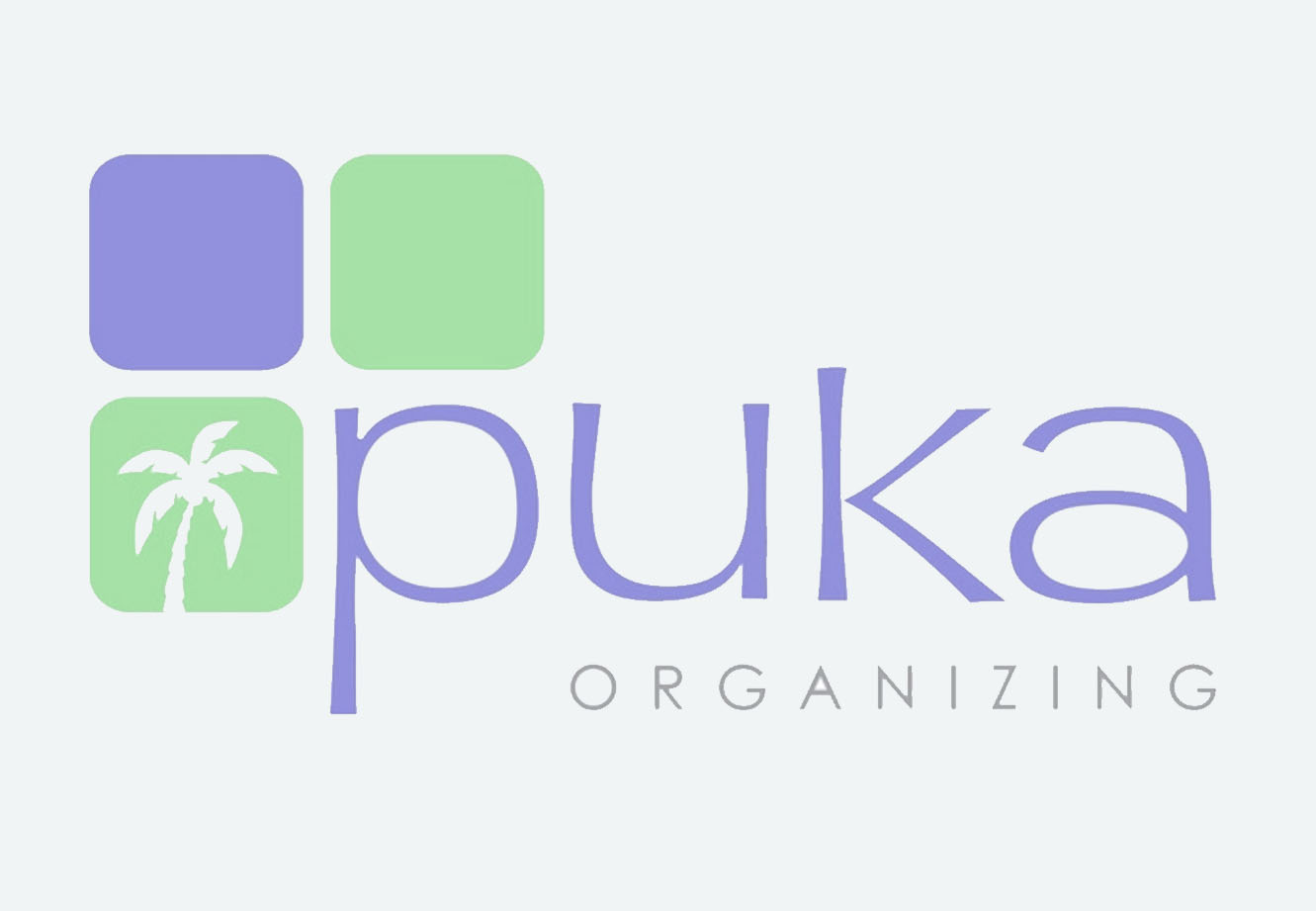In this day and age, anxiety and depression are running rampant throughout the world, and in response the process of mindfulness is growing in popularity. Specifically in recent years, gratitude recognition has become a much more common practice.
If you browse online it’s not difficult to find research supporting the idea that being mindful about gratitude has a wide range of benefits. Reducing stress and anxiety, helping with recovery from trauma, and assisting with relieving symptoms of depression are just a few examples.
According to Positive Psychology, these are the thirteen most popular gratitude exercises:
1. Journaling
2. Gratitude jar
3. Gratitude rock
4. Gratitude tree
5. Gratitude garden
6. Gratitude box
7. Gratitude prompts
8. Gratitude amble
9. Gratitude reflection
10. Gratitude flower
11. Gratitude letter or email/gratitude visit
12. Meditation
13. Collage
There’s a #14 that could be added to that list: organizing. From an organizer’s perspective, there is something to be said about being grateful for items that no longer belong in your home, and letting them go. In other words, practicing gratitude in relation to physical objects. But why is letting items go so important? Clutter doesn’t do anyone any favors, and there are studies that show it. Here’s an expert from the blog post titled “The Burdens We Already Carry” by Becoming Minimalist:
“Clutter is a contributing factor to the level of stress in our lives. For example, 1) Researchers at UCLA discovered a link between high levels of stress hormones and a high density of household objects; 2) Princeton scientists discovered that a cluttered environment limits our ability to focus; and 3) Psychology Today reinforced these studies back in March 2012, citing eight specific reasons how clutter contributes to higher levels of stress in our bodies.”
The world is stressful enough outside of your house, the inside’s your haven! We’re not saying you have to get down on your knees and thank every object that passes over your threshold, just try treating organizing like a meditation exercise. Acknowledge the items in your home, recognize their value (or lack of value), and be grateful for them. And recognize that if some items are no longer serving you, it’s time to let them go and pass them on to someone else.
Not everyone is a minimalist, but both minimalists and those more attached to material belongings can benefit from practicing gratitude with the physical items in their homes. Every item has a story. Keep the items that are part of your story, and let the others go. And always remember: whether you have a little or a lot, be grateful of what you have.
-Heidi
